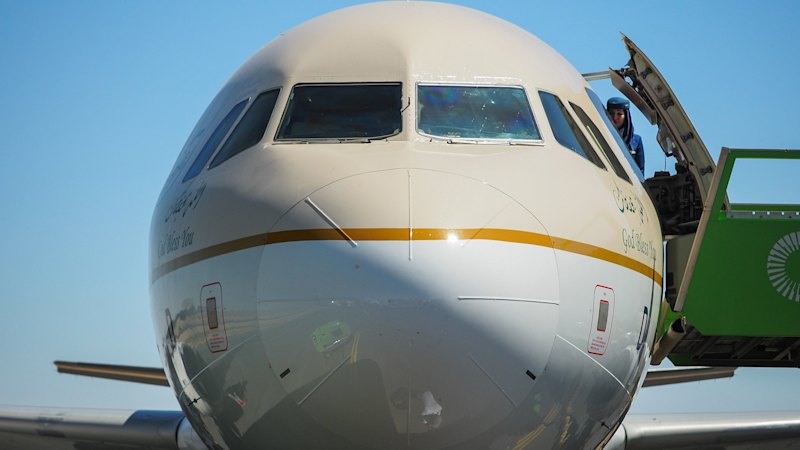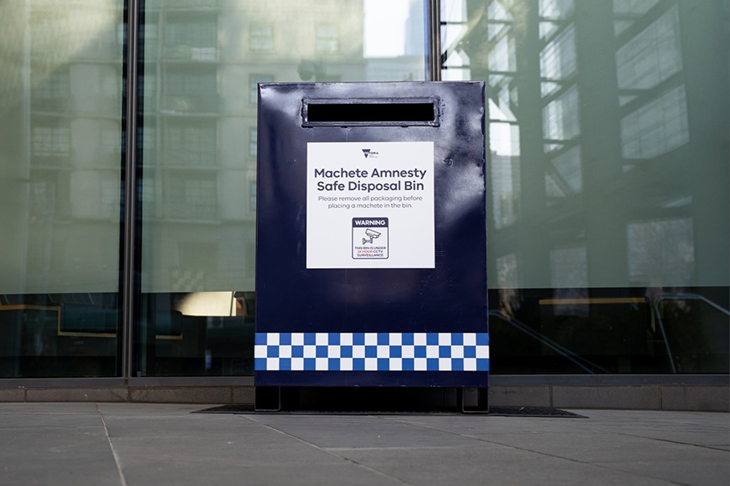
BREAKING: Airbus is on the verge of dethroning Boeing as the most-delivered commercial aircraft manufacturer ever. According to new data from aviation consultancy Cirium, the A320 series has narrowed the delivery gap to just 20 units as of early August 2023, with a total of 12,155 A320-family shipments.
The aviation industry is witnessing a historic shift that could reshape the competitive landscape. Just 42 years since Airbus embarked on its journey to challenge Boeing’s dominance, the A320 series is set to surpass the iconic 737, a model that has held the title for decades.
Max Kingsley-Jones, head of advisory at Cirium, remarked on social media, “Did anyone back then expect it could become number one – and on such high production volumes?” This statement underscores the unexpected rise of Airbus, which began as a consortium of European manufacturers in 1970.
The stakes are high as airlines worldwide increasingly favor the A320 due to its operational efficiency and lower fuel costs. Airbus’s strategic innovations, including digital fly-by-wire controls and a flexible engine choice, have captivated airline executives seeking modern solutions for short-haul routes.
As the demand for air travel surges, the A320’s success contrasts sharply with Boeing’s challenges, including the fallout from the 737 Max crisis. Following two tragic crashes linked to a flawed automated system, Boeing’s reputation has suffered, leading to a 20-month global grounding of the aircraft.
Despite these hurdles, Boeing maintains a significant presence in the aviation market. However, analysts are questioning the longevity of the duopoly that has dominated commercial aviation. Both Airbus and Boeing have opted for incremental improvements on existing models rather than investing in groundbreaking new designs.
Airbus has set its sights on the future, with plans to introduce a next-generation single-aisle aircraft by the end of the decade. CEO Guillaume Faury outlined ambitions for a potential hydrogen-powered model, but immediate focus is on enhancing the A320 series. He stated, “I have a lot of focus on preparing that next-generation of single aisle. We are very steady and very committed to this.”
As Airbus approaches this pivotal milestone, the implications extend beyond corporate competition. The shift in leadership could influence global aviation dynamics, affecting airlines, passengers, and the broader economy. The potential for increased innovation in aircraft design may also reshape sustainability efforts within the industry.
Looking ahead, all eyes will be on Airbus as it prepares to announce further developments in its aircraft lineup. The anticipated transition of power in the skies may occur as early as next month, making this a crucial moment for aviation enthusiasts and industry stakeholders alike.
For those following the aerospace sector, the next few weeks promise to be a whirlwind of activity as Airbus and Boeing navigate this rapidly evolving landscape. As the aviation market continues to rebound from recent setbacks, the competition between these two giants will be essential to watch.
Stay tuned for updates as this story develops.






